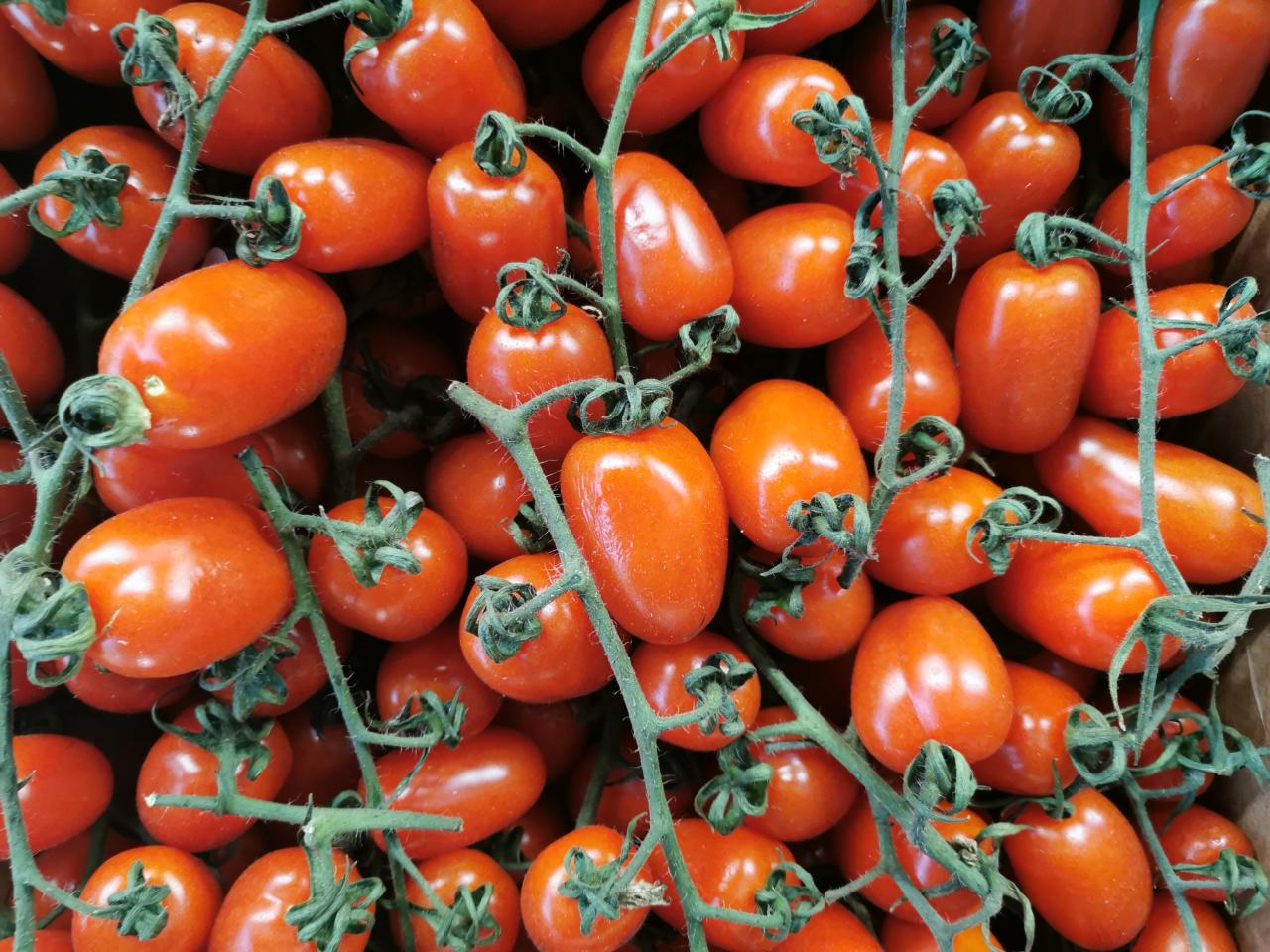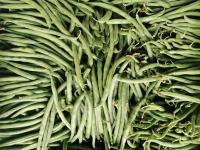
“Foody Zero Waste” is a new initiative for the recovery of fresh fruits and vegetables in surplus at the general wholesale market in Milan promoted by Fondazione Cariplo, Municipality of Milan and Sogemi.
The project “Valore” (Value project), selected with the “Foody Zero Sprechi” call, launched in January 2021 by the Cariplo Foundation, in collaboration with the Municipality of Milan and SogeMI (the municipal company that manages the fruit and vegetable market), started in September 2021.
The main goal of this project is the management of the new food waste hub established within the fruit and vegetable market.
This is the fourth one after the ones opened in different districts of the city: Isola, Lambrate and Gallaratese.
Foody Zero Waste Hub has been designed in order to continue and strenghthen the action of the temporary Food Hub activated during the first months of the pandemic emergency in 2020 at SogeMI market. That action contributed to the delivery of fresh products to families in need.

The main purpose of the Valore project is to enhance and improve the recovery actions that already take place in the market through the involvement of several organizations, in order to prevent food waste, while generating, an ever increasing social impact. Indeed, food waste impacts the environment but also economic and social aspects of the society, thus also connecting it to the issues of food poverty.
The project will, infact, create a virtuous circle that prevents the food from being wasted and thrown away. The food surpluses that are recovered consist of fresh fruits and vegetables that are still edible but not suitable for retail standards, thus donated from business owners, wholesalers and producers, in order to distribute them to the most vulnerables families, thanks to a broad territorial network.
The actors involved are: Università degli Studi di Milano as the leading partner, RECUP (a non profit organization that collects food from open street markets) and Banco Alimentare della Lombardia (a regional food bank) as entities that collect the food surpluses and the Italian Red Cross for the distribution to other organizations and direct beneficiaries.
The impact will be monitored by Università degli Studi di Milano, who will implement a series of good practices that can guarantee the qualitative control of food surplus, as well as a better logistic, with the aim of reaching the highest number of people, with better nutritional guarantees and a lower environmental impact.

